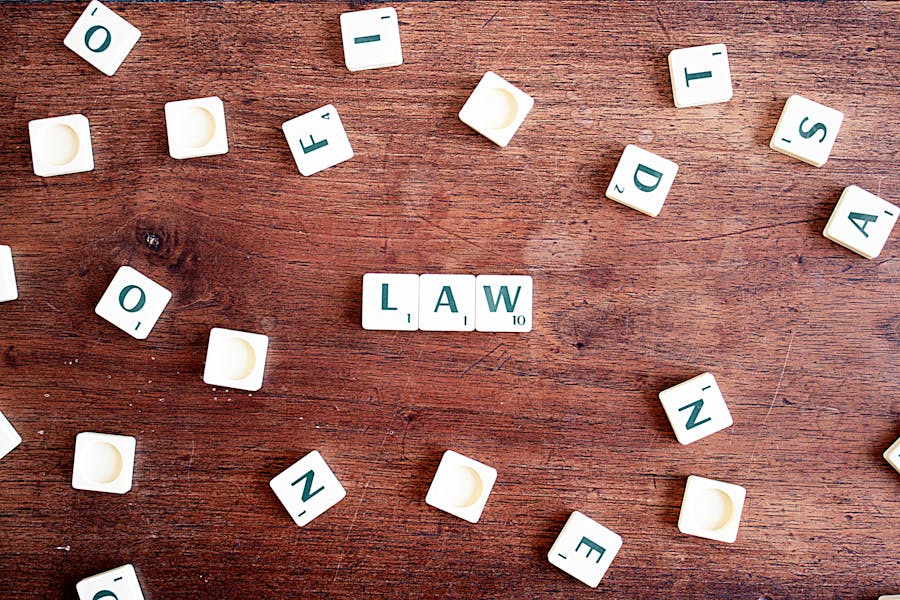Louisiana is known for its vibrant culture, spicy food, and deep Southern roots—but its legal system stands out, too. Unlike most U.S. states that follow common law, Louisiana follows a civil law system, shaped by French and Spanish influences.
That unique foundation has led to some truly unexpected rules. Weird laws in Louisiana have sparked curiosity among legal researchers, compliance professionals, and everyday residents alike.
Let’s look at five laws that might just leave us speechless.
Law #1: No Gargling in Public
You might want to think twice before freshening your breath on the sidewalk. In some Louisiana parishes, it’s illegal to gargle in public. The rule seems odd today, but it likely stems from old public decency codes or local noise ordinances.
Imagine someone loudly gargling mouthwash outside a courthouse—this law might have made more sense back then. Still, making a hygiene habit a public offense feels excessive by modern standards.
There have been few confirmed arrests related to this law, but it’s often mentioned in local trivia and urban legends. Whether enforced or not, it’s one of Louisiana’s stranger statutes.
Law #2: No Fake Wrestling Matches
Putting on a fake wrestling match without proper notice in Louisiana isn’t just frowned upon—it’s illegal. State law requires that staged wrestling be labeled as entertainment, not sport.
This law dates back to the early 1900s, when concerns about rigged matches and fraudulent betting ran high. Lawmakers wanted to protect the public from being misled, especially when money was on the line.
What’s strange is how seriously it treats something most of us know is scripted. Professional wrestling, from local shows to significant events, walks a fine line under this rule. Though rarely enforced today, it’s still officially on the books.
Law #3: Reptiles in Public? Not on Leashes!
Bringing a reptile to Mardi Gras might sound like peak Louisiana, but tying an alligator to a fire hydrant is illegal. The law, likely meant to prevent chaos (or chomped tourists), shows how specific these rules get.
Has anyone tried it? There have been rumors, but there aren’t any confirmed cases. Still, the image of a reptile chilling curbside during a parade sums up the state’s uniquely weird charm, where even absurd scenarios get their laws.
Law #4: No Delivering Pizzas to Someone as a Joke
It might seem like harmless fun to send a surprise pizza delivery to a friend who didn’t order it. But in Louisiana, this prank can get you in real trouble. State law makes it illegal to order food to someone else’s home without their permission.
The rule was created to stop harassment and protect local businesses from wasted time and resources. Restaurants lose money, and homeowners are left confused or frustrated.
What feels like a joke to one person could be considered harassment under the law. While rarely prosecuted, there have been reports of citations in larger cities when pranks crossed the line.
Law #4: The “Three Sandwich” Funeral Rule
Yes, this is real. Some places in Louisiana have a rule that limits mourners to just three sandwiches at a funeral wake. It’s unclear who decided that the fourth sandwich crossed a line, but the law reportedly aimed to keep gatherings respectful and avoid excess.
Some say it was meant to stop freeloaders from showing up just for food, while others believe it was a way to control costs for grieving families.
Either way, it raises questions: Who’s counting the sandwiches? Is there a sandwich patrol? While it’s rarely, if ever, enforced, it remains one of the state’s oddest legal leftovers.
Why These Laws Still Exist
So why haven’t these strange rules been erased? In many cases, it comes down to legal inertia—once a law is written, it’s often forgotten unless someone pushes to remove it. Some stick around out of tradition or local pride, even if they no longer make much sense.
Odd laws pop up in every state across the U.S., but Louisiana stands out, thanks to its civil law roots and colorful cultural history.
These quirky laws might seem silly, but they reflect the unique stories and values of the communities that created them.


